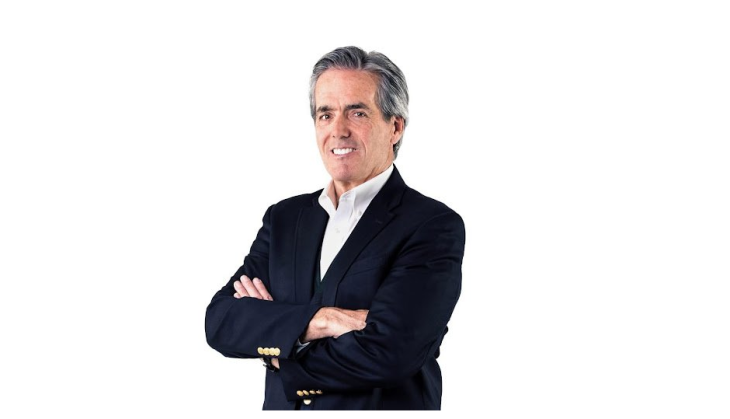
By Glenn O’Farrell, former media executive of Groupe Média TFO, Canadian Association of Broadcasters, Global Television, and TVA
“It’s time to take back the internet,” a recent ad proclaimed.
It ended with an invitation: “So forget the noise. Let’s build the internet we want—not the one we inherited.” Its purpose was to promote a book, Read Write Own, by Chris Dixon, the internet entrepreneur and investor. Dixon’s book is about breaking away from the digital monopolists that dominate today.
As Ottawa ponders the future of CBC/Radio-Canada, where will innovation figure in the plans?
Hopefully, innovation will become the driving force behind a new creative vision aligned with clear direction from the government: a vision that makes new choices while recognizing the fundamental differences between English and French language services.
In the universe of ubiquitous information/disinformation and seemingly infinite amounts of available content, it’s time to end the folly of having CBC/Radio-Canada try to be all things to all people. Richard Stursberg, a former CBC executive, said this well in his article in The Hub on January 17: “No organization on earth could achieve its colossal requirements.”
It’s time for choices. Here are my suggestions.
Journalists have been laid off, and news media organizations have been shuttered in communities across the country. Heritage Canada reported in mid-2022 that over 450 news outlets in Canada have closed since 2008; we know that number has since grown, including in the last few weeks. bell-cuts-4800-jobs This is a crisis for our democracy and others around the world.
First, CBC/Radio-Canada should prioritize news and public affairs and focus on balanced, relatable content for communities. There has never been a more pressing time for investing in impartial and reliable news programming for large and small markets. Credible news and information are critical public goods.
Second, it should focus the programming it commissions from independent producers on developing great Canadian content through new collaboration initiatives with Canadian media organizations. The time has come for it to shift from competing to collaborating with other Canadian media. This strategy would open the way for new content and delivery models to consumers. On the international stage, it should augment strategic content and distribution partnerships with those who share public media DNA. These initiatives and partnerships will benefit Canadian audiences and generate opportunities for Canadian creators, writers, storytellers, producers, and media innovators.
Third, it should make innovation its core value. While it continues to serve the loyal audiences of its radio and TV services, it must urgently accelerate efforts to find new content formats and delivery pathways to resonate meaningfully with Canadians who do not watch and listen to its traditional services. Currently, French language radio and TV services outperform their English counterparts in market share. However, young French, English and Indigenous audiences do not relate to CBC/Radio-Canada and other legacy media like previous generations. To succeed going forward, it must become a cutting-edge media laboratory relentlessly dedicated to ever-evolving innovation in content and delivery.
Returning to Chris Dixon and his book on innovation, I’m reminded of fond memories at Groupe Média TFO. Our leadership team set out to transform a traditional public media enterprise into a multi-award-winning (from Austin to Amsterdam) digital educational powerhouse with international reach. One of the many outcomes was adapting the highly acclaimed Rève de Champlain by Pulitzer Prize-winning author David Hackett Fischer for multiplatform educational purposes in French and English. Another was our in-house, first-of-its-kind-in North America virtual reality content production process using gaming industry software. We did our best to make innovation the language of every conversation.
CBC/Radio-Canada has a rich innovation and public service history in French and English markets and eight Indigenous languages. There was a time when it was a leading voice of content and technology innovation in which Canadians took pride. To own our future, we must choose to reignite the ambition of the past. It’s time to see public media for what it is: an essential public good. It must be reinvented to operate in today’s and tomorrow’s world for the benefit of our democracy.


